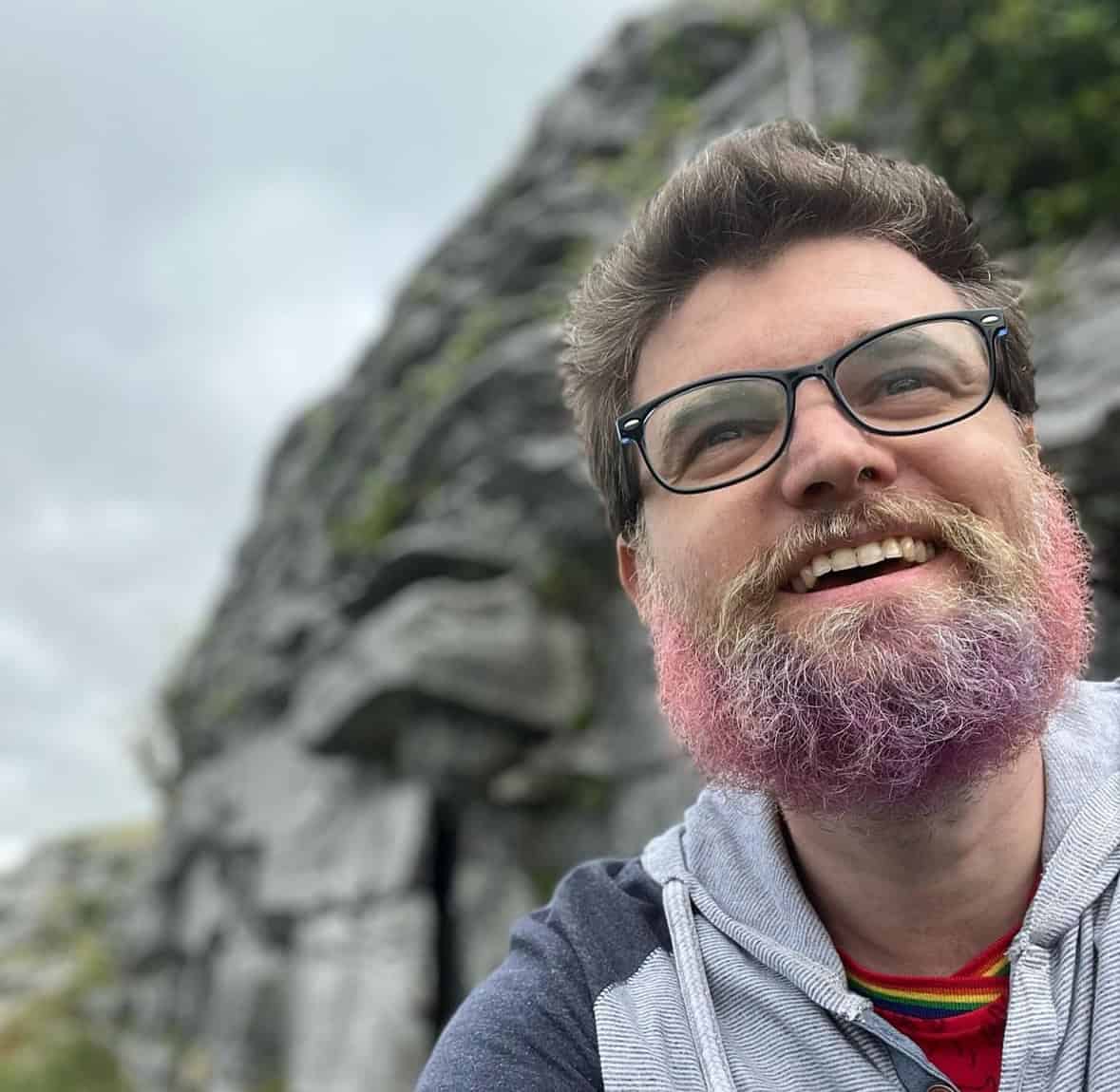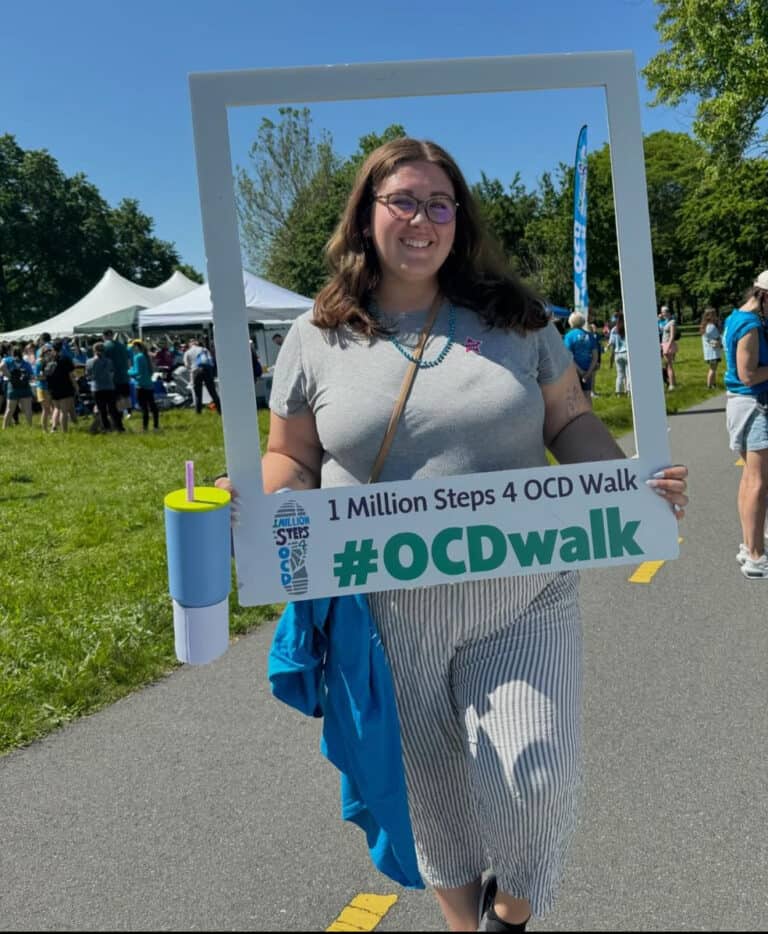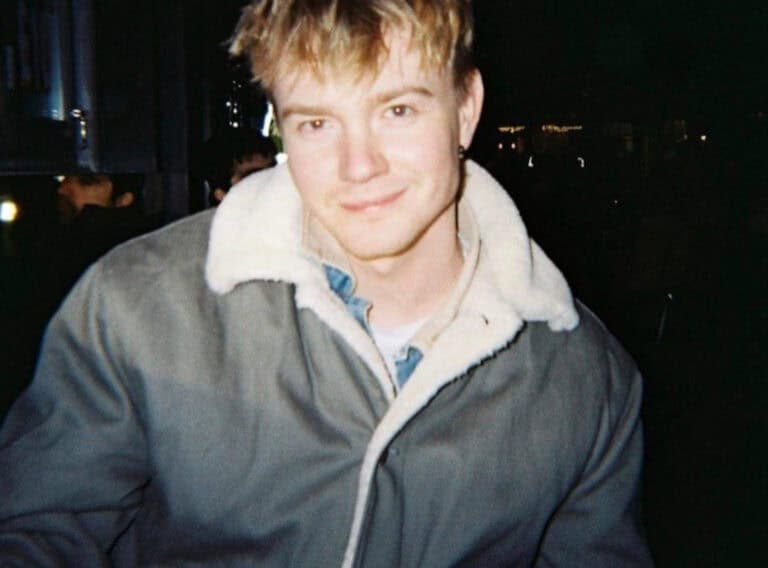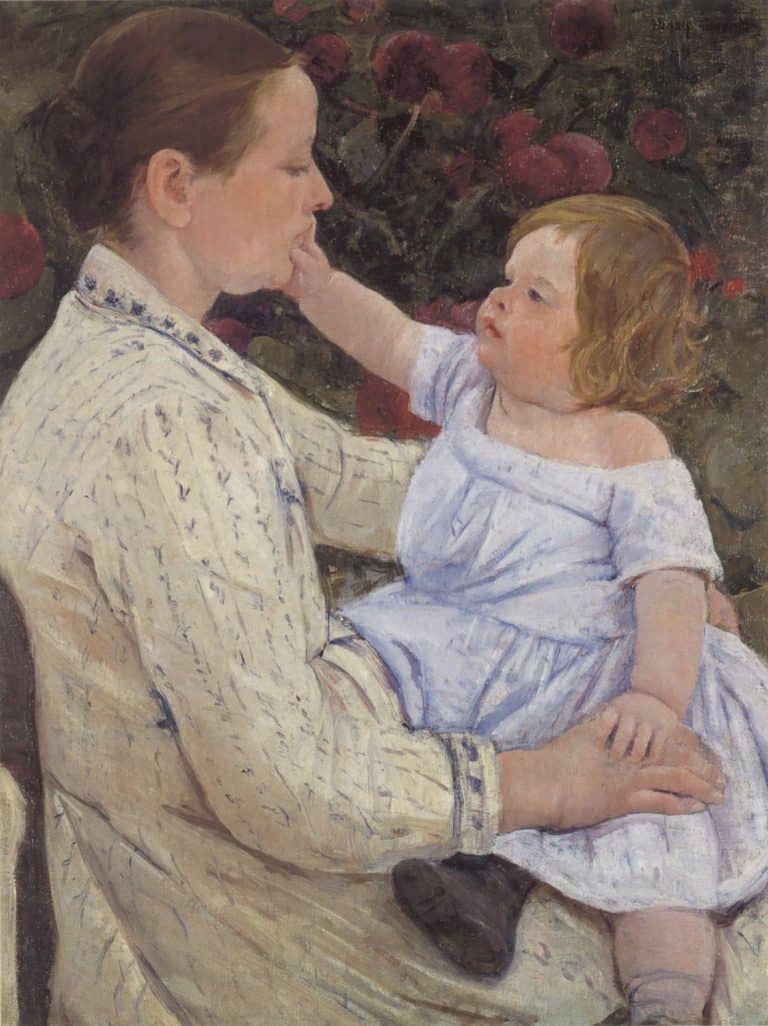My Life Story – Through the Lens of OCD

I’ve had OCD as far back as I can remember, but I didn’t know it by that name for a long time.
I think it’s important that we share our real, deep, truthful experiences so that others might identify with them and realize that they can find treatment and relief too! You don’t have to experience every single thing someone else does to get help.
Each experience is different, but I’ve been so grateful to those who shared theirs and I can say – “Yes! Me too”
“Normal Things” I Didn’t Know Were OCD
Claustrophobia and Avoidance
I developed a fear of heat and tight spaces quite early on. I heard that this was called claustrophobia, and I thought this was just an interesting quirk of mine.
Later on, however, I started avoiding parties and crowded events because I was worried, I would get claustrophobic. I also only wore shorts regardless of the weather because I was afraid of getting too hot.
It was only much later that I realized that I was compulsively avoiding my environment or changing things about myself to prevent this obsessive worry about getting stuck and too warm.
Fear of Blood and Gore
Over the years, I developed a fear of blood, gore, sharp objects, etc. ‘But this is just “normal” right? I’m just a bit “squeamish,”’ I thought. So I closed my eyes in movies, tried to think of happier thoughts, and avoided sharp knives. ‘That’s just one of my traits, I guess.
Many people are squeamish.’ Later on in therapy, I realized I felt like I had to avoid these things to alleviate any chance that I would feel distress.
Finally, it dawned on me that feeling like I have to do something is like I’m compelled to do something, which is, oh wait! a compulsion. And that constantly worrying about feeling bad in the future is like I’m obsessing over it, which is, oh no! an obsession.
Restlessness and Fidgeting
I was pretty constantly uncomfortable. I moved around in my seat a lot. I changed positions constantly. Often with one leg up, or sitting on a foot, or sliding to the floor. People told me that I probably have ADHD and that I’m “fidgety.”
Other Idiosyncrasies
Other things I dealt with were seeing binders as colors and feelings (synesthesia), needing to have lights on all the time, always listening to things, wanting to wear a different shirt every day to school, not liking the color red, not liking cherry, difficulty reading, being forgetful, feeling spacey, etc. But these were just “idiosyncrasies.”
Misinterpreting Symptoms
So by my late teens, I thought these were just my interesting character traits or flaws: claustrophobic, squeamish, fidgety, with synesthesia, and some idiosyncrasies!
The Reality of OCD
Though it is important to not trivialize OCD by saying “I’m so OCD about this…” – it could be that your quirks, idiosyncrasies, or “so OCD” could actually be OCD! and might be worth checking out.
“Darker” Things I Kept to Myself
Religious Guilt and Shame
When I was young, I was quite religious. I’m not now, but morality is still really important to me.
Around second grade or so, my friend and I were walking and discovered the box to a porn VHS with a full cast nude on a bright pink background, and front and center a woman with her legs apart, and another woman with a couple fingers in and stretching her vulva. (At least this is what the flashbulb memory is telling me).
At the time, this was one of the worst possible sinful things to see. Nudity was so taboo and wanting to see nudity was going to send you to hell. So I put it in a mental vault and tried to throw it away.
Mental Compulsions
I only realized much further into ERP that I was doing a mental compulsion.
By trying to “get it out of my head,” I was reinforcing the shame and distress around it. I added many things to “the vault” and tried to throw them away, but if anyone else deals with this, you know it doesn’t work!
The Streisand Effect
It’s like the Barbara Streisand Effect – the more you try to stop it, the more awareness comes to it.
Guilt and Erection in Church
I would also get erections in church and feel so guilty about it and try to push it down (which can also make it “worse”).
This was so terrible and “sinful,” but a great example of how the more I thought about how terrible it was, the more difficult it was to let go. I learned this later on in therapy:
It is neither helpful to engage with distressing thoughts nor try to push them away but to find that difficult middle ground of noticing them and returning to the present. Again and again.
Fear of Harm
Another taboo topic was the fear of causing harm to myself and others. In university, I had fairly constant intrusive thoughts of death and suicide.
If I crossed a bridge or passed a high building – ‘what if I jumped off?’ Anytime near water, I wondered – ‘what if I drown myself?’ Or taking my medicine – ‘what if I overdose?’ It became all the time – sharp objects, guns, driving, etc.
Life Disruptions
Briefly looking at my personal history over the next 3 years: I dropped out of college, tried and dropped out of AmeriCorps, tried and quit being a summer camp counselor, tried and quit substitute teaching, had 3 inpatient mental health hospital stays, and had a variety of medications and therapies.
The Weight of OCD
I know now that I was managing severe OCD with intrusive thoughts and images of suicide, plus co-occurring depression and anxiety. My existential OCD “flavor” was also quite high.
Hopelessness and Hope
In these darkest times, I didn’t like hearing people say “It will get better” because I thought: ‘You don’t know that! I could just get worse until I die.’
What I know now is that it did get better for me. Also – when times are tough and you’re not sure that they will get better, we can at least guarantee that things will be different, and that’s interesting to wait and see what that is.
Intrusive Thoughts
The other taboo thoughts of – ‘what if I become a serial killer? What if I cheat on my wife? What if I become a child abuser? What if I become a serial rapist? What if I just suddenly go rob a bank?’ – well, they’re all just thoughts.
Misinterpretation of Intrusive Thoughts
Sometimes those of us with OCD think that because we have these intrusive awful thoughts, we’re bad, or evil, or broken.
The problem is that we put so much weight on the negative thoughts and often mentally or physically try to prove we’re not like those terrible thoughts, images, or urges…that our brains bring them up more often!
OCD Diagnosis
The Long Journey to Diagnosis
Finally, finally after experiencing symptoms for about 20 years, I found the right diagnosis.
The Catalyst for Treatment
In the end, it wasn’t fully the idiosyncrasies or the taboo OCD that got me to treatment, but largely the weight of my “Just Right” / perfectionism OCD, and a particularly stressful theme of what I consider a track mile problem.
When I tried to run track, I knew one race I had to run 8 laps.
So, I would think ‘ok, half a lap done, that’s 1/16th of the race. Oh no. I have so much more to go. Ok 1/8th. And now 2/8ths which is 1/4th. Oh no, oh no, I have 3/4ths to go. That’s over half! I’m not going to make it!’
Work Stress and OCD
This showed up in my workday. I would count the hours of work and dread how much more I had. Plus perfectionism in answering emails, guilt because of my morality (sometimes called scrupulosity) that I wasn’t working my full 8 hours.
Somatic OCD with my clothing and the pain of sitting, etc., which then led to “emotional contamination” where I had such a repulsion to my work environment (colors, setting, etc.) that I quit this job too.
A Life-Changing Diagnosis
I felt so hopeless but thankfully tried a new psychiatrist who did an in-depth intake assessment and said – “Well, one problem is – you have OCD!”
The Importance of Thorough Assessments
If there are any therapists, psychiatrists, or doctors reading, I believe it is so important to do a thorough, detailed intake assessment.
Many of those suffering don’t yet have the right language and lingo to know what they are experiencing, and it can be lifesaving to find the right diagnosis!
The Relief of a Proper Diagnosis
It is incredibly relieving to find a proper diagnosis. It is like a wave of “Aha!”s washing over your body. ‘Aha! That’s what I was experiencing’
OCD Treatment Begins
Intensive Outpatient Program
Jobless and needing something drastic, with my fresh diagnosis, I entered a 10-day Intensive Outpatient Program for OCD. 3 hours a day every day with homework.
Exposure and Response Prevention (ERP) Therapy
Proper Exposure and Response Prevention (ERP) therapy saved my life.
A Major Revelation
My therapist asked, when you feel compelled to do something, how often do you not do it?
For me, this was a huge revelation – “Oh. Uh, never. I didn’t realize that was an option. If I have a problem, I try to solve it.”
The Power of ERP
It is incredibly hard, but also incredibly wonderful to (slowly over time) feel urges to do something, fix something, avoid something, etc. and then…do nothing!
Or do what I actually want to do instead of my brain. It is a long journey of separating what my brain wants, and what I want. But that has given my life back!
The Journey Continues
If by chance, this is your first time hearing of ERP, check it out! There are great articles out there.
Keep an eye out for proper ERP. This does not involve “flooding” (exposing you to your biggest fears first) and it also doesn’t go super light.
We have to do our homework, and we can’t just white-knuckle through the exposure or do mental compulsions instead. The only way out is through. But it’s worth it.





